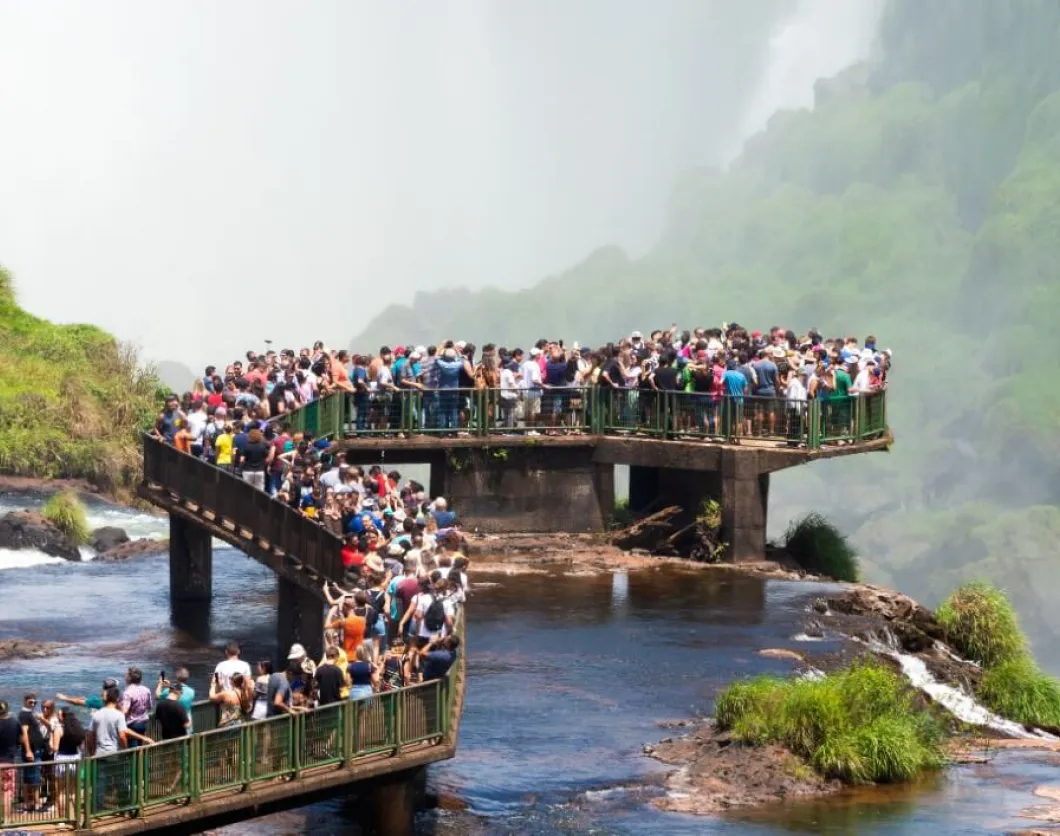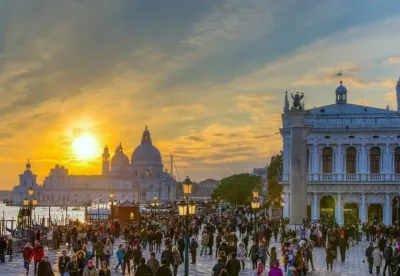
Overtourism was a phenomenon that caused major problems to some of the most famous destinations around the world before the pandemic and it is destined to do so even after the state of ‘normalcy’ returns.
But how exactly can destinations fight against overtourism? Some regions are now adopting a new strategy in order to combat the problem.
The ‘Demarketing’ Strategy
This is the so-called ‘demarketing’ strategy which dates back to the 1970s when anti-smoking and alcohol ads began to appear. It consists of setting up advertising actions to dissuade the public from consuming a product.
In tourism, the idea is to show a tourism destination the way they really are, but also to adopt a strategy of silence. To avoid overcrowding, the destinations stop promoting certain popular locations.
The Involvement of the Locals
Recently, citizens and nature conservationists have been putting pressure on the economic players in tourism to fight against overtourism by implementing demarketing campaigns.
The inhabitants of Venice and Barcelona, for example, got very involved. This made it possible to put measures in place.
When the local population becomes hostile towards tourists, it creates significant conflicts. The city of Amsterdam understood this and decided to include the inhabitants in its tourism reflection. This is why coffee shops along with the red-light district may soon be banned for tourists.
The Pandemic Effect
Paradoxically, however, the phenomenon of overtourism is not only tied to the pre-pandemic era, but also to the current tourism environment.
Many people have chosen to visit places which they thought are not as frequent, but the problem is, that almost everyone had the same idea at the same time, which saw some communities overwhelmed by crowds of tourists.
Is It Really the Only Way to Go?
Experts suggest that the demarketing strategy against overtourism is not sustainable, because the players in the sector need tourists to survive.
The best model seems to be that of slow marketing and thus encouraging tourists to take their take. It is necessary to rethink the way we try and put an end to tourist overconsumption, but it must be done by educating tourists so that they behave more responsibly.
A good example of this could be a natural park in Wyoming in the United States which encourages visitors not to mention the place where they are on social media. Generally, however, it is necessary that all actors, institutional as well as private, participate in this shift.










